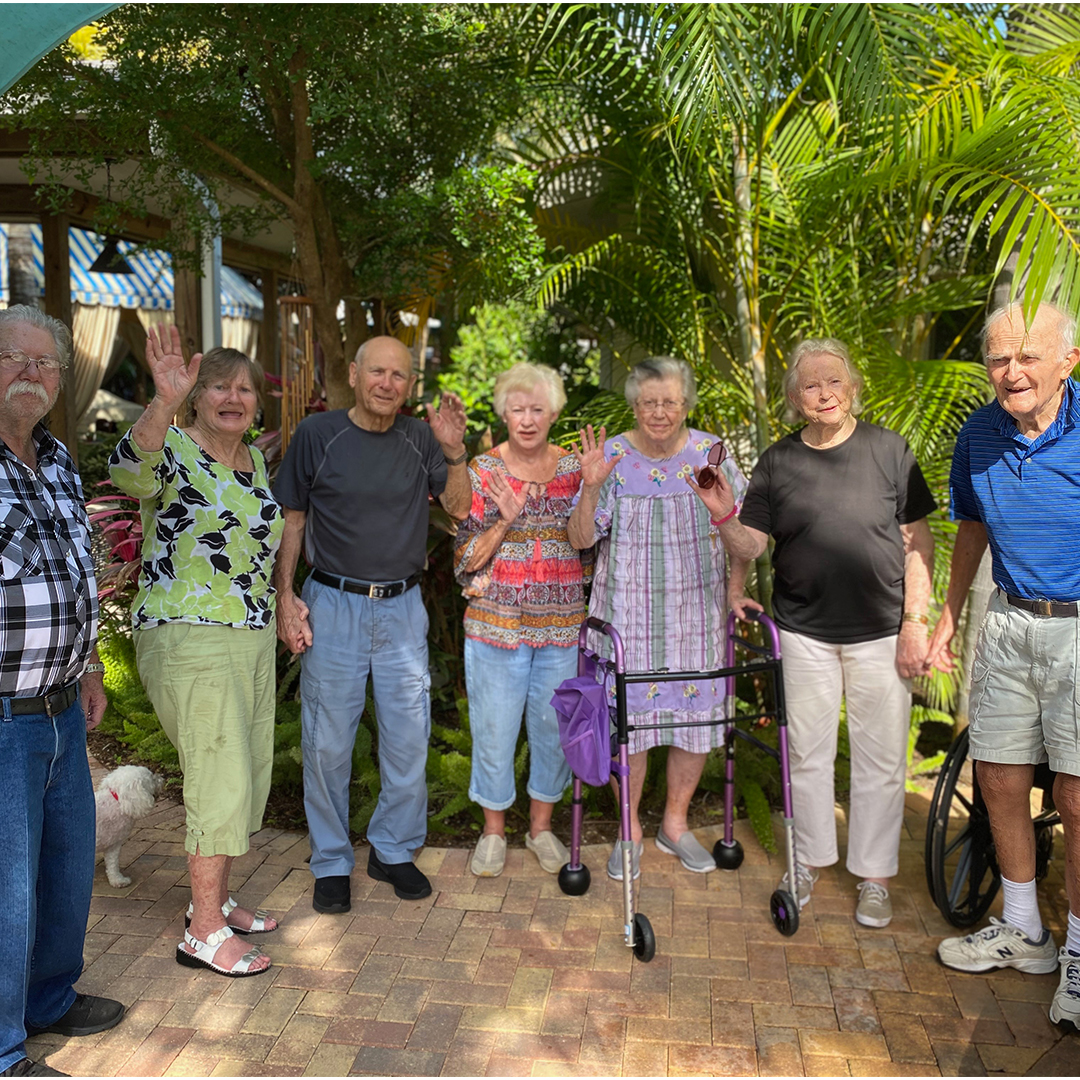Our five senses connect us to the world and provide us with the ability to communicate, interact and engage with others. As we age, we can begin to lose the sharpness of our senses, most often eyesight and hearing. While it is obvious how losing your vision can be detrimental to daily life, many people do not realize the ways in which hearing loss can adversely affect someone’s everyday interactions.
The most common risk associated with hearing loss, especially for senior citizens, is social isolation. Elderly adults are already at risk of being isolated from others due to lack of mobility, loss of a driver’s license, or diminished vision. But when an individual begins to lose their hearing, they can become very self-conscious – typically because they cannot hear what is being said to them and, therefore, cannot respond correctly. They can feel embarrassed if they have to ask people to repeat themselves over and over. Rather than admit that they can barely hear, they begin to turn down social invitations. They also stop answering their phone, meaning that conversations become less frequent.
Did You Know? Studies show that social isolation can lead to depression, anxiety, and even dementia. Conversely, staying engaged and involved with family and friends helps to keep the brain healthy.
We take a lot of cues from the world around us through our sense of hearing, even though we aren’t always aware of that fact. Subtle sounds all around us alert us to people, movement, vehicles, and other subtle indications that help us to navigate our environment. When hearing loss sets in, our world can become very small as we become less and less aware of our surroundings. Those with hearing loss may also stop watching television or listening to music, further closing the world around them.
Hearing loss can also cause a loss of balance, which can result in an unsafe situation for your senior loved one. Falling is a leading cause of injury and death for the elderly, so losing their sense of balance can be extremely dangerous.
Symptoms of Hearing Loss
Hearing loss can be genetic, but there are many other potential underlying causes. Noise exposure throughout one’s life (such as working in an industrial environment) can result in hearing loss, as can certain medications, head injuries, and infections. The first symptom of a gradual loss of hearing is difficulty detecting soft or high-pitched sounds. This condition is an indication that the stereocilia – the tiny cells that change sound waves into electrical signals within the ear – have been damaged. You may notice that your loved one is having a hard time following conversations in restaurants or other social settings. Tinnitus, or ringing in the ears, maybe another early warning sign.
While hearing aids are the most effective and easiest way to combat hearing loss, many seniors don’t like the idea of wearing one. Some people think that needing a hearing aid makes them “old,” while others hate the way they look or feel. Most often, they just don’t realize how bad their hearing has gotten.
If your senior loved one is showing signs of hearing loss, offer to go with them to get their hearing checked. Although they may be reluctant at first to treat the problem or wear a hearing aid, the restored ability to hear, converse and stay engaged with the world will likely make them feel better about themselves – not to mention protect their mental and physical health.
If your senior requires more help day to day than you can provide, assisted living may be the answer. A Banyan Residence is a memory care and assisted living facility located in Venice, Florida. We provide quality, compassionate care to seniors as they move into a new stage of life.

